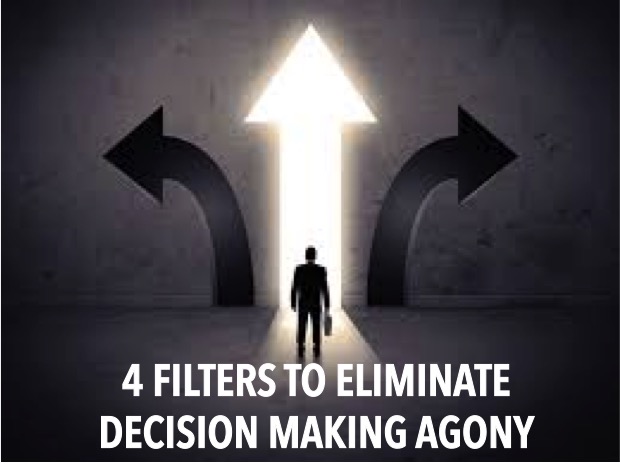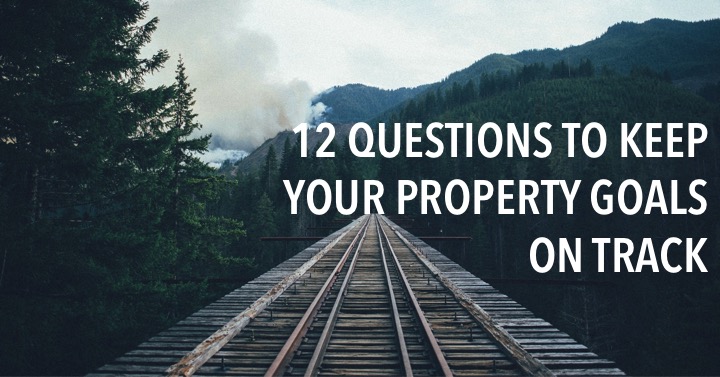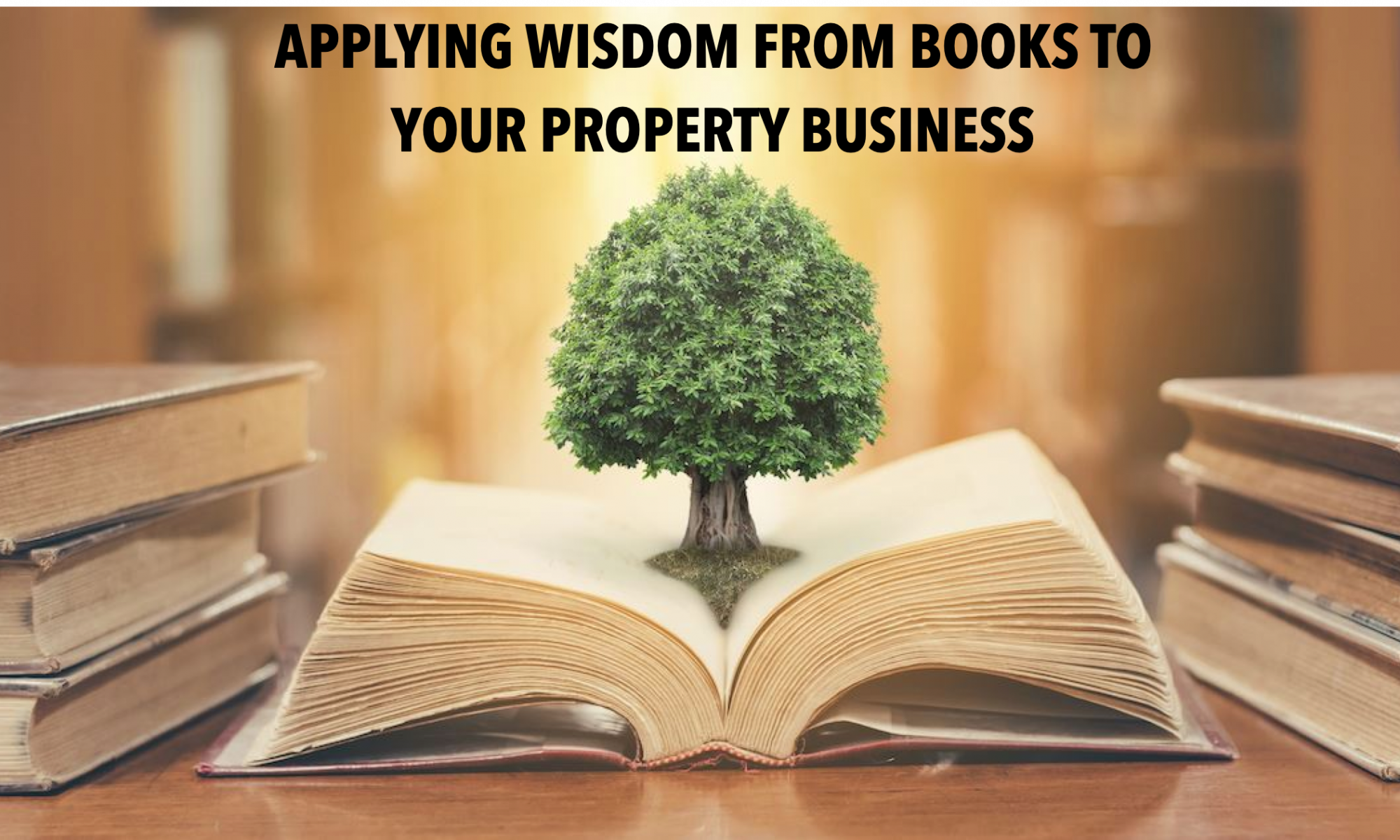Don’t know about you but I like to keep an eye out for what people at the top of their industries are saying, especially when it’s property related.
In this post I’m sharing with you the 4 types of hotel offering that are expected to survive and thrive in the new post pandemic market. Why is that important to you? Well, as many of us are in the hospitality space through serviced accommodation, it’s important to understand what the wider accommodation market is doing and how other property related businesses are pivoting to be and stay profitable.
So where have these insights come from? This week an article about Ian Schrager caught my interest – he’s the guy behind the famous Studio 54 nightclub and referred to as the inventor of the boutique hotel. What I didn’t realise is that few people have had as big an impact on popular culture as it relates to the entertainment, hospitality, food and beverage, retail and residential industries, as Schrager. His pioneering concepts and innovations with bars, hotels and various residential developments have become standards and continue to be imitated around the world.
That’s why I paid attention to what I was reading.
When asked, “What does the future hold for the travel industry?’ Ian Schrager responded with, “It will come roaring back – a V-shaped recovery”. However he also said that, “Only four different, distinct types of hotels will survive in the new post-pandemic market.”
The four types are:
#Type1: AFFORDABLE HOTELS – because family and corporate budgets will be squeezed.
Here are some notes from his predictions and comments:
-new hotel brands will leverage changes in consumer behaviour during lockdown to reduce hotel prices
-they will do away with restaurants and provide room service via remote “ghost” kitchens that have sprung up to service food delivery apps like Deliveroo and Just Eat.
-housekeeping will be cut back
-the hostel market will boom
It is in this space that Schrager is investing heavily in launching a new mixed use offering called PUBLIC
#Type 2: THE BOUTIQUE HOTEL
He says it won’t just be about nice design alone. ‘You need to have an original point of view and stand for something contemporary, innovative, like we did at Studio 54.”
#Type 3: SUPER LUXURY – ie full service hotels for the one-percenters.
He says, ‘you’re going to start seeing people regularly paying $10,000-15,000 a night for nothing but the best level of service.”
#Type 4: AIRBNB – not a hotel of course but the short stay rental model is continuing to eat at market share from traditional hotels.
Knowing this, he says the best way for hotels to compete with home-renting offerings “is to continue to innovate and focus on public space, which airbnb cannot offer”.
It is for this reason that his new offering at PUBLIC, he prioritises communal areas to work and relax – ie a coffee bar, restaurant, grocery store, nightclub, garden, gym and an outdoor bar. The writer of the article paints a great picture with this summary – ‘think Starbucks meets Studio 54, meets Whole Foods, meets WeWork, meets the local park’.
I certainly found all of this interesting. Most of us use these different types of accommodation and many people in the property community are investing in old hotels to repurpose them. So, we may well be consumers of these mixed use concepts or we might want to borrow ideas like this to apply to our own mixed use developments.
What have you read recently from an industry leader that has relevance to your property business?




